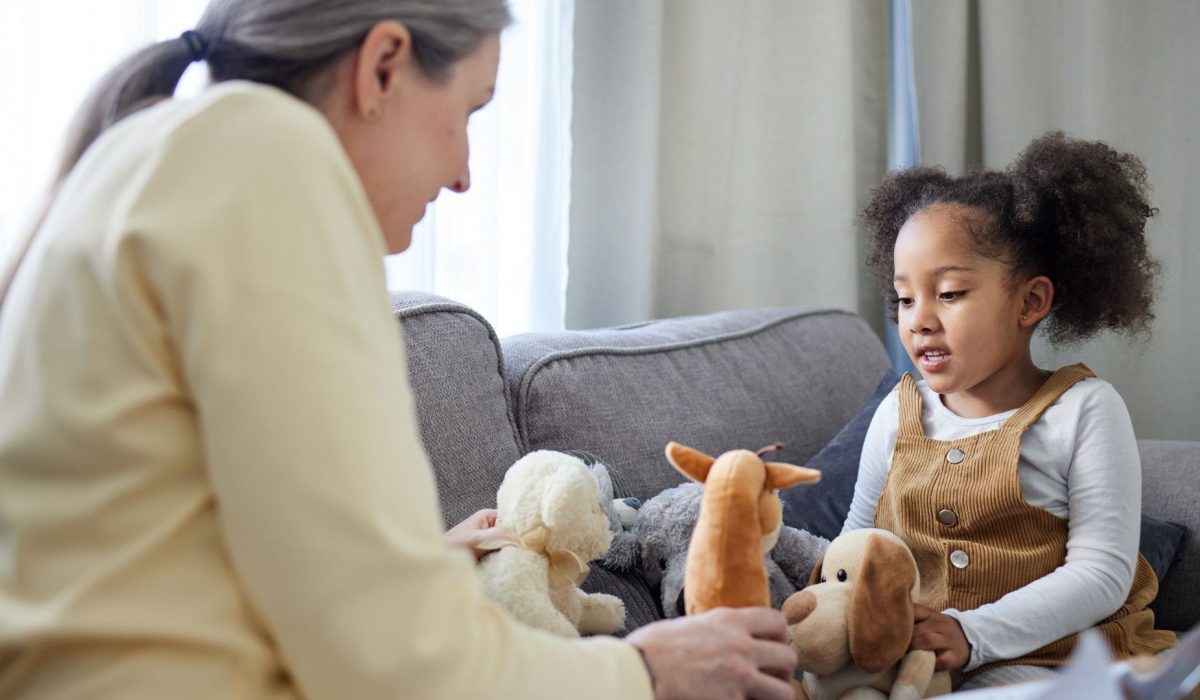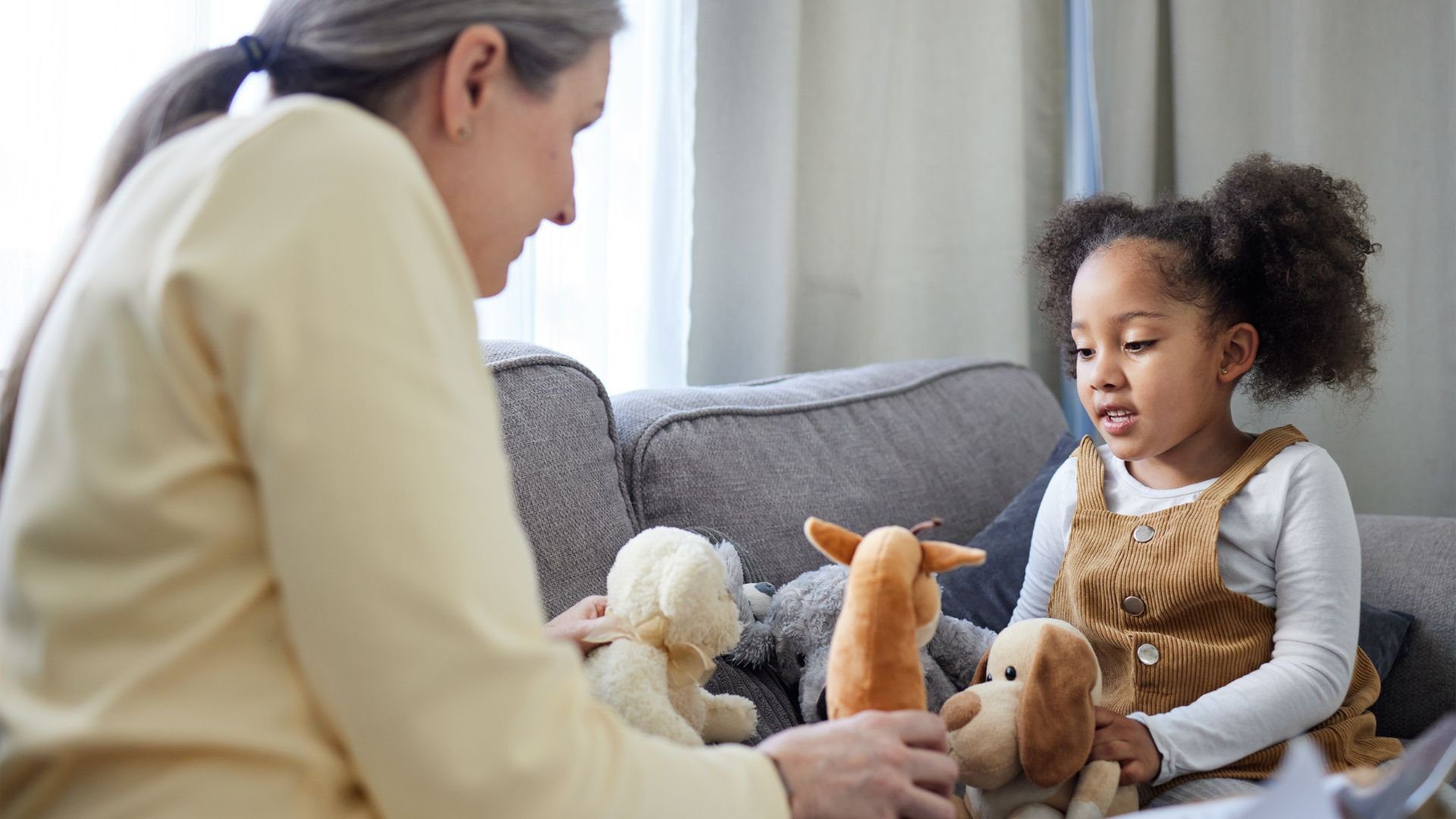In today’s fast-paced world, the mental well-being of children is receiving increasing attention. As society becomes more aware of the importance of mental health, the role of a child counselor emerges as a crucial aspect in nurturing and safeguarding the emotional and psychological welfare of our youngest members. In this blog post, we delve into the pivotal role that child counselors play in fostering mental wellness among children. From providing a safe space for expression to equipping youngsters with coping mechanisms for life’s challenges, child counselors serve as guides and allies in navigating the complex terrain of emotions and thoughts. Join us as we explore the multifaceted responsibilities of child counselors, their techniques, and the profound impact they have on shaping resilient and emotionally intelligent individuals. Let’s uncover the profound significance of their work and how it contributes to building a healthier, happier future generation.
Parental Involvement: Collaborating with Child Counselors for Holistic Wellness
Understanding The Importance Of Parental Involvement
Parents are the primary caregivers and influencers in a child’s life. Their involvement in the counseling process is crucial as they provide valuable insights into their child’s behavior, emotions, and family dynamics. Additionally, parents play a significant role in implementing counseling strategies at home, reinforcing the skills and techniques learned in therapy sessions.
Creating A Collaborative Partnership
Effective collaboration between parents and child counselors is built on mutual respect, open communication, and shared goals. Counselors work closely with parents to understand their concerns, values, and parenting style. They involve parents in the treatment planning process, ensuring that interventions are aligned with the family’s unique needs and circumstances.
Providing Psychoeducation And Support
Child counselors offer parents psychoeducation about their child’s developmental stage, emotional needs, and common mental health issues. By educating parents about these topics, counselors empower them to better understand and support their child’s well-being. Counselors also provide guidance and support to parents, helping them navigate challenging situations and build effective parenting strategies.
Implementing Consistent Strategies
Consistency is key in promoting a child’s mental wellness. Child counselors collaborate with parents to establish consistent routines, boundaries, and discipline techniques at home. By implementing consistent strategies across different environments, parents and counselors create a sense of predictability and stability that is essential for a child’s emotional security.
Encouraging Positive Communication
Effective communication between parents and children is essential for maintaining healthy relationships and resolving conflicts. Child counselors coach parents on positive communication techniques, such as active listening, validation, and constructive feedback. They also facilitate family therapy sessions to improve communication dynamics and strengthen family bonds.
Navigating School Challenges: The Supportive Role of Child Counselors in Academic Settings
School can be a challenging environment for many children, where they face academic pressure, social dynamics, and personal struggles. Child counselors play a crucial role in providing support and guidance to help children navigate these challenges effectively within the school setting.
-
Academic Support: Child counselors assist students in developing effective study habits, time management skills, and academic goal-setting strategies. They provide personalized support to address learning difficulties and help students reach their full academic potential.
-
Social and Emotional Development: Child counselors promote healthy social and emotional development by facilitating peer relationships, conflict resolution skills, and emotional regulation techniques. They create a safe space for students to express themselves and address any social or emotional challenges they may encounter at school.
-
Crisis Intervention: In times of crisis or emergency, such as bullying incidents or traumatic events, child counselors provide immediate support and intervention to ensure the safety and well-being of students. They collaborate with school staff, parents, and external resources to address crises effectively and prevent further harm.
-
Individualized Counseling: Child counselors offer individual counseling sessions to address students’ specific needs and concerns. Whether it’s anxiety, depression, or low self-esteem, counselors provide a confidential and supportive environment for students to explore their thoughts and feelings and develop coping strategies.
The Art of Communication: How Child Counselors Bridge the Gap with Young Clients
Understanding Child Development
Before delving into the techniques of communication, it’s crucial for child counselors to have a deep understanding of child development. Children’s cognitive, emotional, and social abilities evolve rapidly as they grow. By understanding these developmental stages, counselors can tailor their communication approaches to suit the child’s age and level of understanding.
Creating A Safe And Trusting Environment
The foundation of effective communication in child counseling is creating a safe and trusting environment where children feel comfortable expressing themselves. Child counselors often use play therapy, art therapy, and other creative techniques to engage children and encourage self-expression in a non-threatening manner. These activities provide children with alternative means of communication when words fail them.
Active Listening
Active listening is a fundamental skill that child counselors employ to understand their young clients’ perspectives fully. It involves not only hearing what the child is saying but also paying attention to their body language, tone of voice, and emotions. By listening attentively and empathetically, counselors demonstrate to children that their thoughts and feelings are valued and respected.
Using Age-Appropriate Language
Child counselors must communicate with children using language that is age-appropriate and easy for them to understand. They avoid using jargon or complex terminology that may confuse or overwhelm the child. Instead, they use simple and concrete language, often employing metaphors or visual aids to clarify concepts and make them more accessible.
Empathy And Validation
Empathy is a cornerstone of effective communication in child counseling. Child counselors strive to understand the child’s experiences from their perspective and validate their emotions without judgment. By acknowledging and validating the child’s feelings, counselors help them feel understood and supported, fostering a deeper connection and trust.
Conclusion
At Wake Counseling & Mediation in Charlotte, NC, United States, we recognize the pivotal role of child counselors in fostering mental wellness among youth. Through our dedicated services and compassionate approach, we prioritize the emotional and psychological well-being of children, providing them with the necessary support and guidance to navigate life’s challenges. Our commitment to nurturing mental wellness extends beyond mere counseling sessions, as we strive to empower children with coping mechanisms and resilience that will serve them throughout their lives, ensuring a brighter and more promising future.


